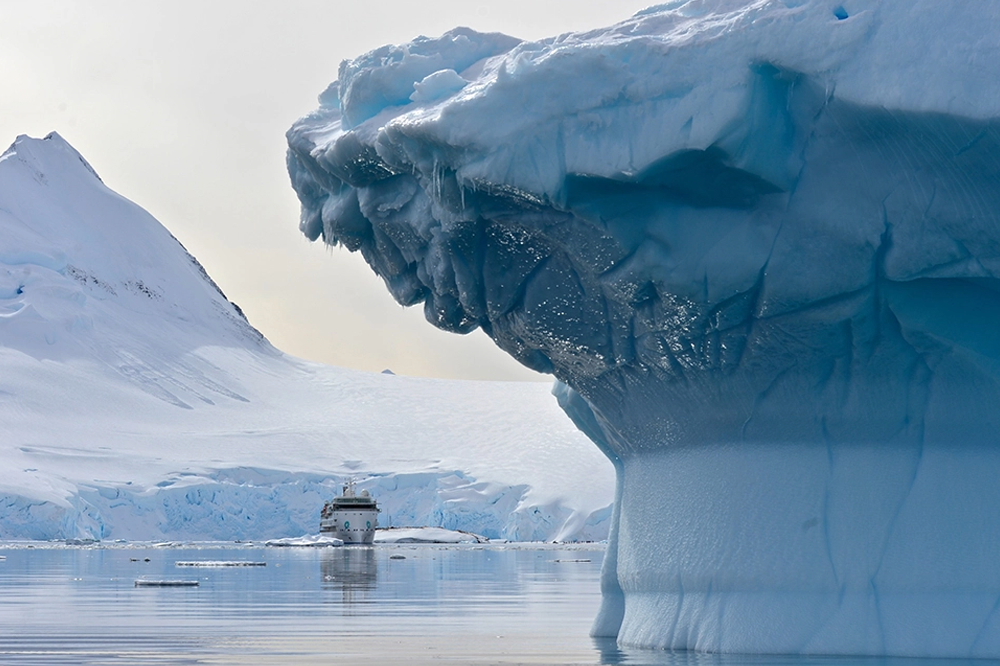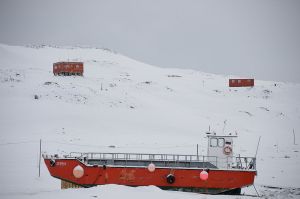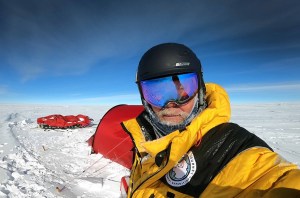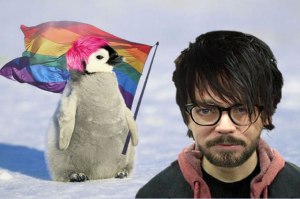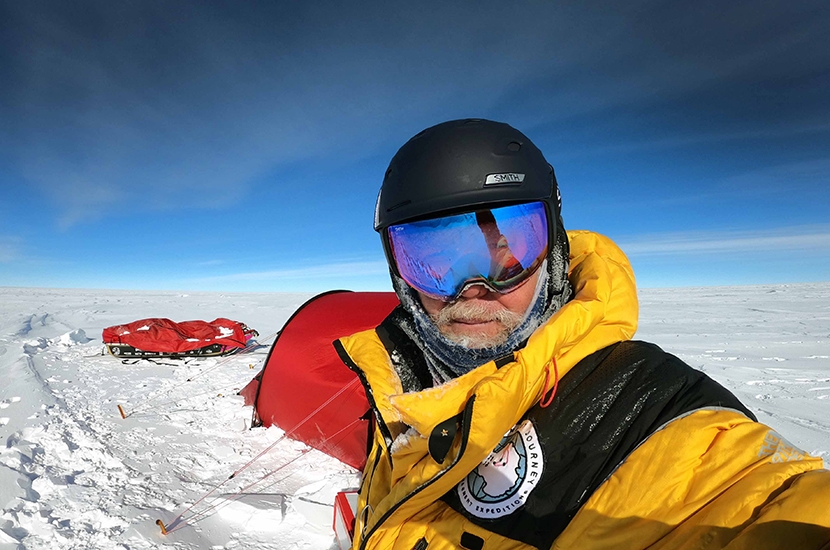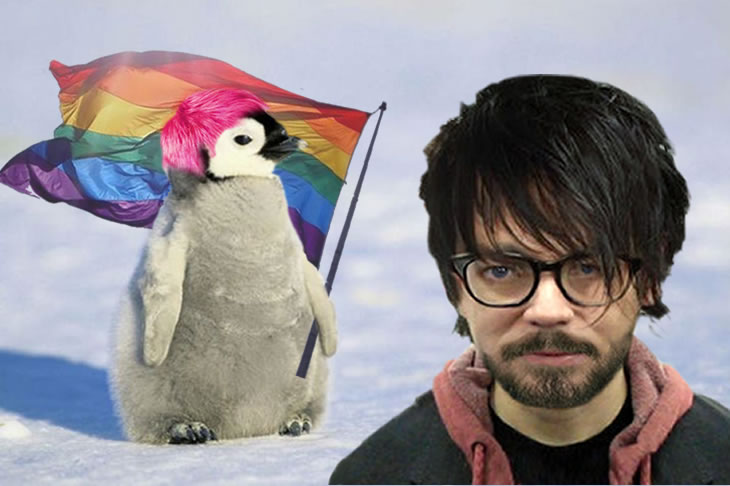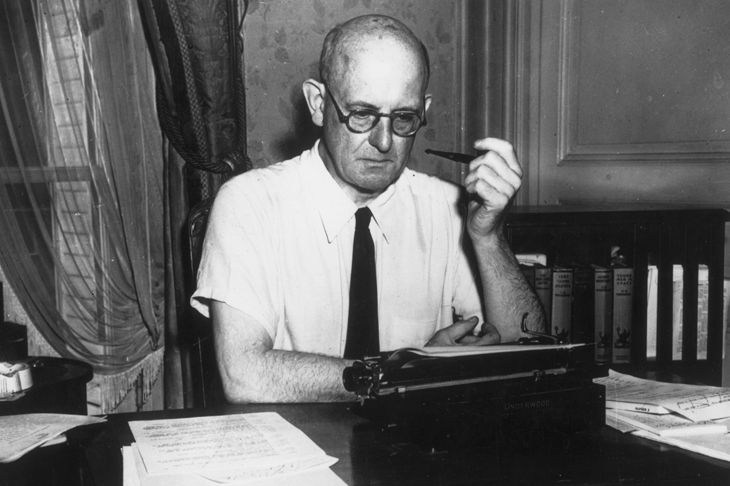If there is one minor pitfall of being a travel writer, it is this. Whenever you tell a bunch of people what you do, invariably someone will ask: “Where’s the best place you’ve ever been?”
I struggled to answer until I got on a special new boat called the Greg Mortimer, operated by a Australian tour company called Aurora — and headed for Antarctica.
We sailed south out of Ushuaia, in Tierra del Fuego, and crossed the Drake Passage. After three days I saw my first Antarctic iceberg. I’d observed icebergs before, in Iceland and Greenland, so I knew already that they could be striking, poetic, impressive. But this was on a grander scale entirely. It looked like an aircraft carrier made out of ethereal blue crystal. As I stood on the deck gazing at it, I became aware that half the boat was doing the same — standing to attention, worshipfully regarding this thing.
As we slowly sailed past, the great berg seemed to twist on the soupy gray water, like a fractured and glassy Taj Mahal, wheeled about by petrels, skuas and shearwaters. And then, just as it arrived, it was mysteriously gone, retaken by the sea mist.
A few hours later, still pumped from the berg, I got my first glimpse of the shore of the Antarctica Peninsula itself. And Everything Was Not As I Expected. An inexplicable silvery mist shrouded the distant rocks. The ghost of a continent floated before me. I simply stared at it, perplexed, for hours. What was I seeing?
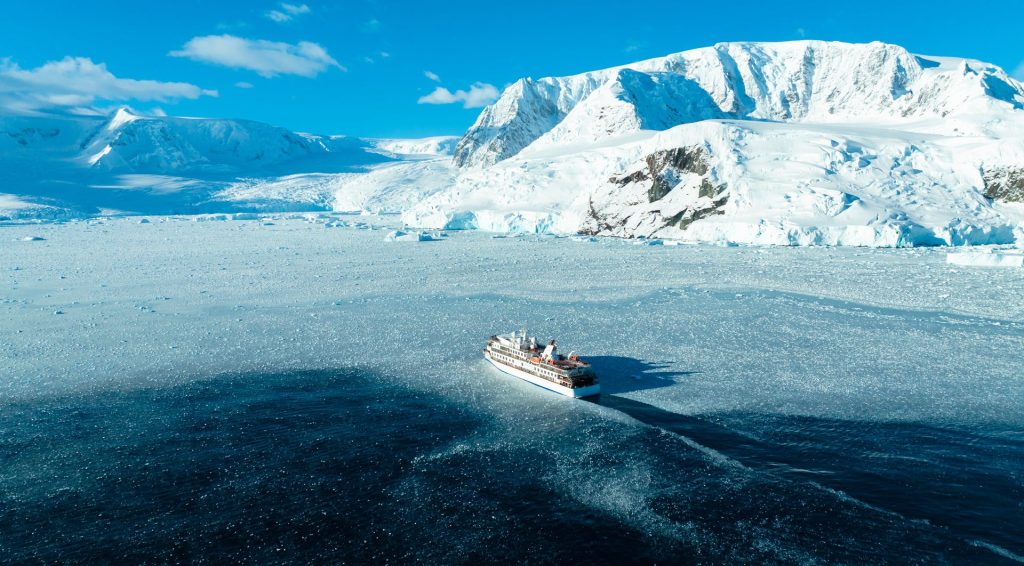
The cruise offered lots of activities. I chose Antarctic kayaking, as it sounded the strangest and newest — and strangeness and newness are the essence of adventurous travel. My choice was good. Sometimes out there on the murderously cold waters I would turn and look at the passengers who’d opted to go ashore. They were tiny black figures climbing a virgin snow-slope: they looked like the souls of the dead, ascending to a whitened Hell.
On the second day of kayaking our team leader took us to a desolate cove, where we shuffled about and drank hot chocolate spiked with cognac on the beach and where I gazed, again, quite bewildered. This time I was mystified by the animals. The trusting quality of lovely Antarctic wildlife is startling and moving. Penguins walked up to me with equanimity, as if they were saying: “Ooh hello, who are you?” Yet from my reading I knew that 100 years ago greedy sailors herded these birds up wooden ramps by the thousand, so they could tumble over the edge and fall into cauldrons of boiling oil and be rendered into fuel.
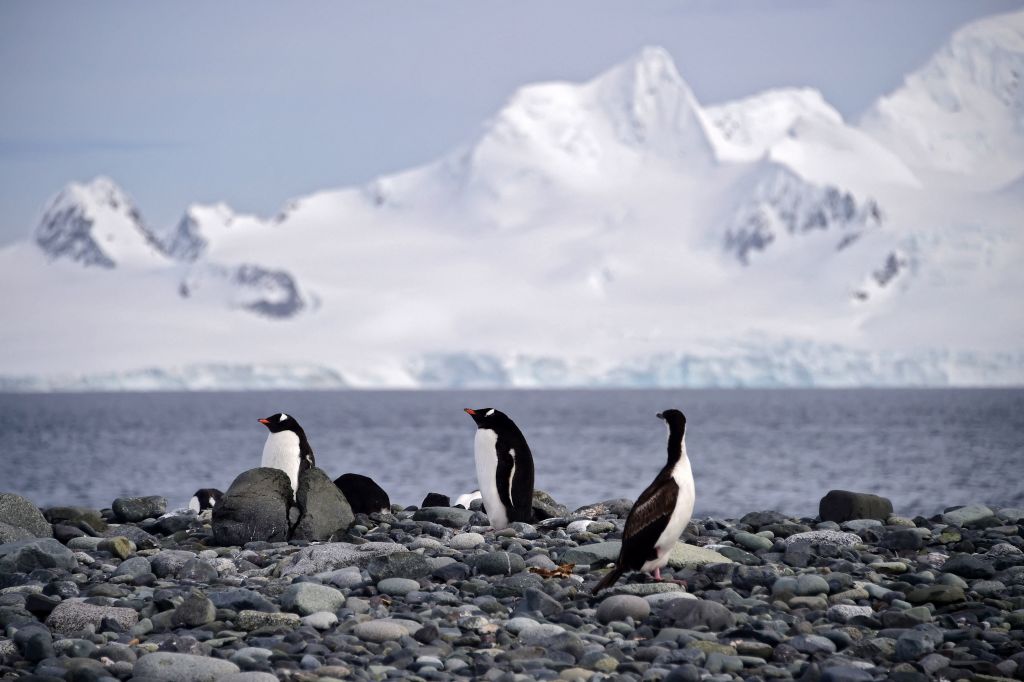
Returning to my cabin, I spent days just looking out at this parallel world. Every second in the Antarctic Peninsula something happens. A mighty collapse of the ice like a barrage of artillery; a boiling of unearthly cloud; a leopard seal leaping on to a berg; penguins curvetting through the silky gray water. Intense and dramatic changes in the light erupt through the days, from color to monochrome, from darkness to blazing glare.
At this point my impressions turned into a wistful, exquisite blur. The elephant seals on Elephant Island. That team of orcas in the sunlit splendor of the Neumayer Channel, prancing past the boat. The weirdly delicious sound of the ship softly crushing through pack ice, in a pearly dawn, by Deception Island. The day we did the polar plunge, when peer pressure forced almost everyone on the vessel to put on swimmers and jump in the coldest water on Earth.
On our last day off the Peninsula, I sat down at my laptop, and tried to make sense of it all. I observed that total bewilderment and fearful astonishment are — apparently — common reactions to Antarctic travel. I wondered if tiny icebergs frequently look like swans or sea birds, because they are shaped by the same evolving forces of wind and water. And then I made my final note: in Antarctica everything is yearning to be alive, and everything alive is yearning for a higher place. The rocks dream that they are clouds. The clouds believe they are animals. The animals act like they are people. And the people think constantly of God.
A few weeks after I flew home to London, the Covid pandemic began and my Antarctic article was never published. It didn’t seem to matter.
This article was originally published in The Spectator’s UK magazine. Subscribe to the World edition here.



